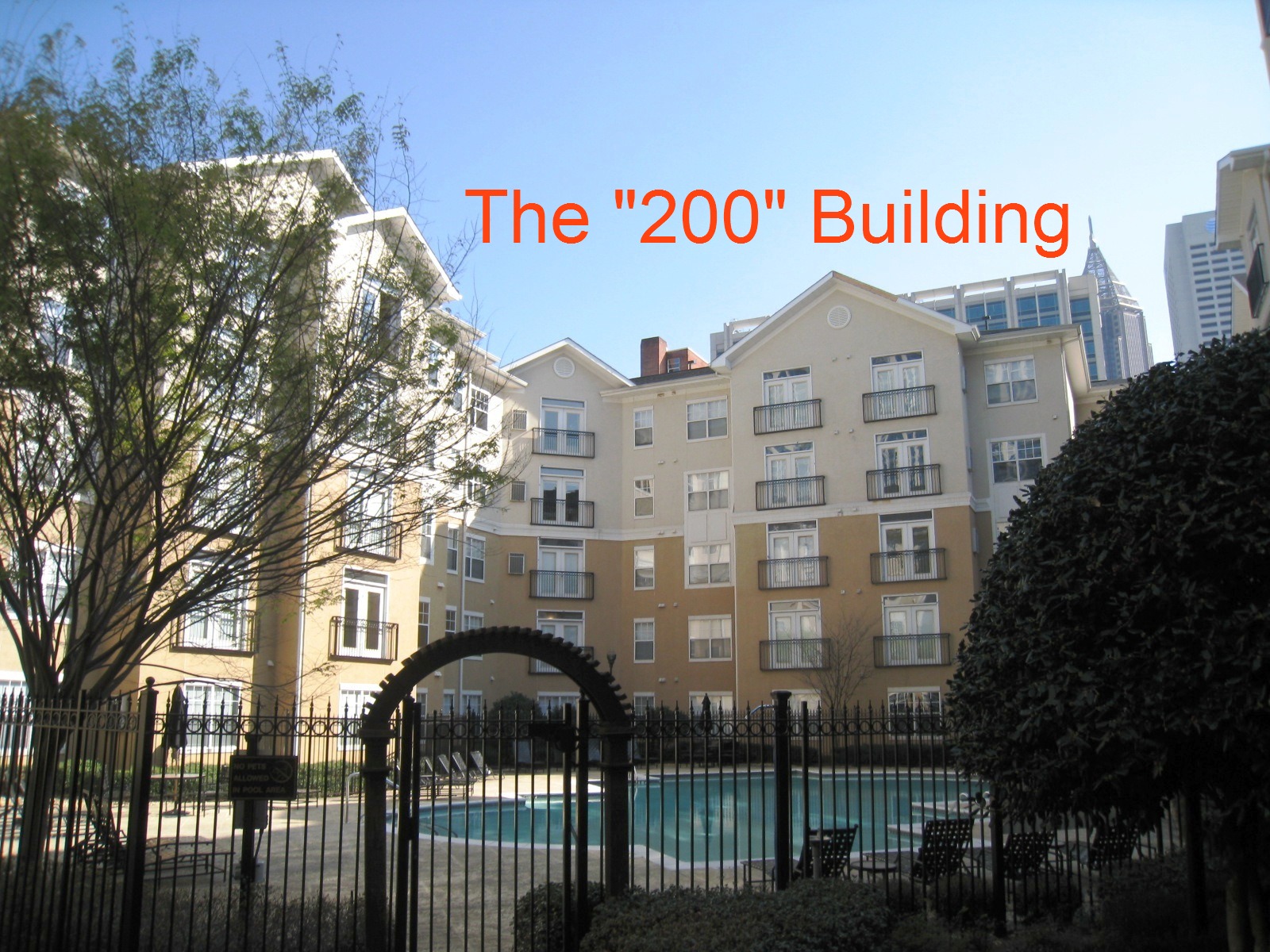

Now Ewald can bike into town or to church, come home from his job at Goodwill Industries and play his guitar (he favors Christian music and songs by the band Green Day) or relax with a beer and a Netflix show. I want to be treated like a human being." "I want to just chill in my apartment if I can. "Like, dude, yeah, I'm on the spectrum, but there's more to me than that," he said. His former home "was too much about the 'on the spectrum' thing - that was the vibe," Ewald said. He moved from a home for people on the autism spectrum, where residents were closely supervised and expected to participate in arranged group events. "This place is awesome," said Leif Ewald, 22. There's a level of security for younger people who may not have lived on their own before, but also the freedom to set their own schedules and activities.
CORNERSTONE VILLAGE FULL
Campbell said he expects the complex to be full "by the time the snow flies." By early 2022, Bethesda plans to break ground on a similar development in Oakdale, and is looking ahead to sites in Brooklyn Park and Cottage Grove.Īs part of the model, younger residents - who typically work part time or not at all - receive subsidies, said Julie Hughes, Cornerstone's on-site leasing and program manager. So far, 44 residents occupy 33 units, some with roommates or spouses. Apartments are equipped with technology that allows family members to check on their loved ones remotely and make sure doors are locked, thermostats set appropriately and medications taken on schedule.

The model is also designed for safety, Campbell said. It's a model the faith-based Watertown, Wis., organization plans to replicate elsewhere. It's the first housing development in the country that deliberately brings together residents with developmental disabilities and people over 55, according to Tom Campbell, Bethesda's vice president of real estate development. Young adults with intellectual and developmental disabilities and seniors, two groups that often live in housing that's separate from other members of their communities, live side by side in Cornerstone Village, a cluster of apartments and townhouses that the nonprofit Bethesda operates in a residential neighborhood in Victoria. But inside, the community room was filled with cheerful noise as a few dozen people sat around tables joking, chatting and occasionally yelling "Bingo!"Īs usual, the weekly bingo night at Bethesda Cornerstone Village in Victoria was well attended, with some players who were upward of 55 years old and some who were decades younger. On the patio and in the green space outside, it was a quiet August evening.


 0 kommentar(er)
0 kommentar(er)
